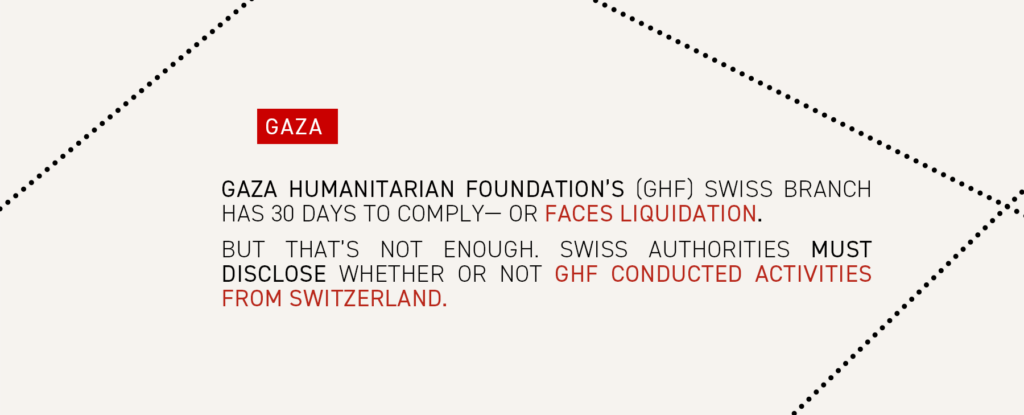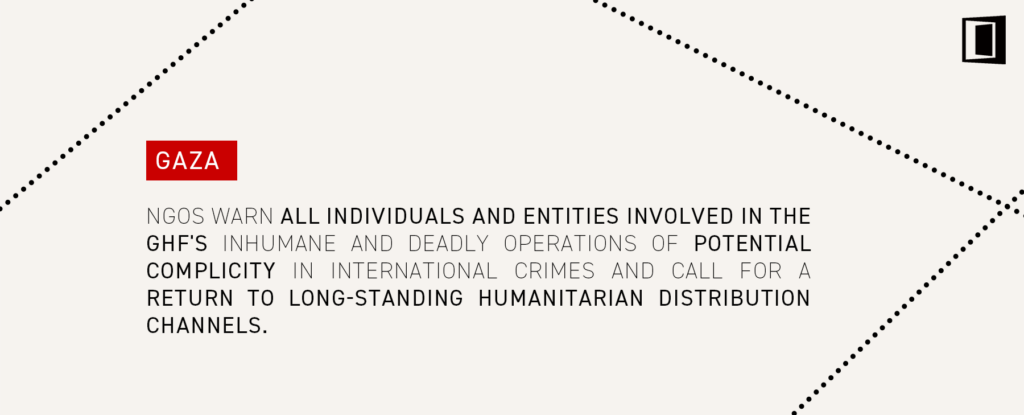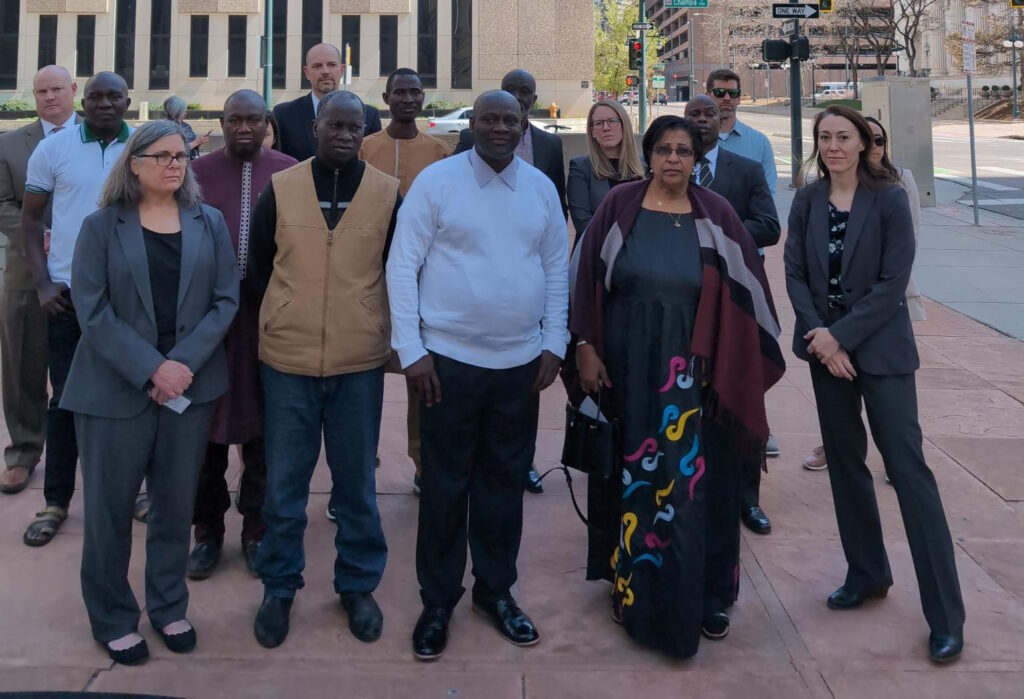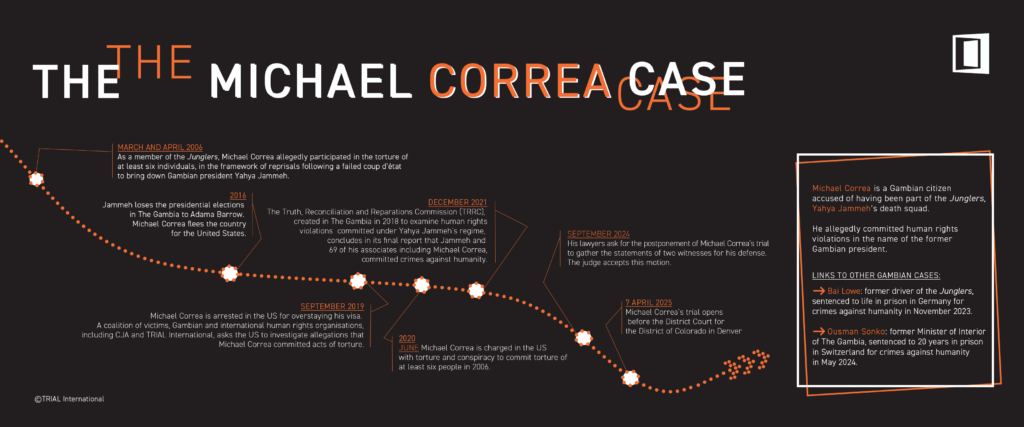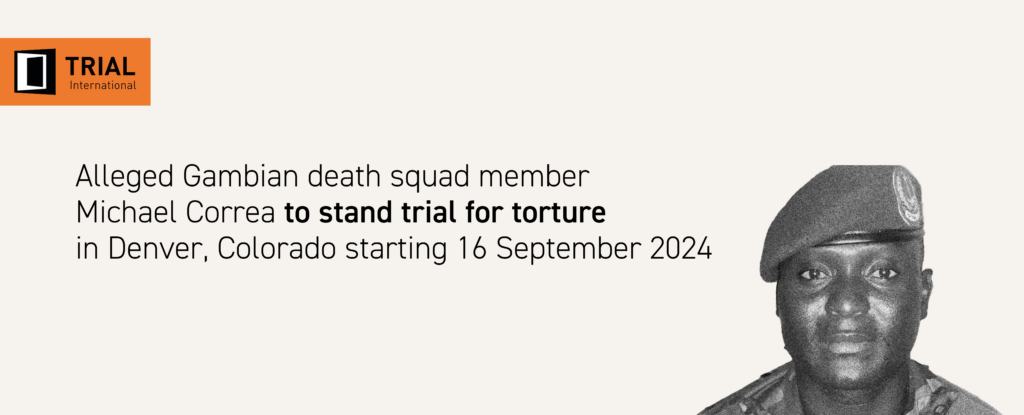Nezzar Case: Swiss Court orders resumption of war crimes investigation
The Swiss Federal Criminal Court (FCC) has overturned a decision of the Office of the Attorney General (OAG) to dismiss the case of former Algerian minister Khaled Nezzar, who is suspected of war crimes. In a landmark 50-page decision, the FCC rules that an armed conflict did exist in Algeria in the early 1990s and that General Nezzar was aware of the countless crimes committed under his command. Consequently, the case is referred back the OAG, who will have to resume the investigation.
Was there an armed conflict in Algeria before 1994? By answering in the negative in January 2017, the OAG had closed the investigation into General Khaled Nezzar, the former Algerian Minister of Defence, suspected of war crimes during his time in office. According to the OAG, without an armed conflict, there cannot be any war crimes; without war crimes, there cannot be any prosecution.
The FCC overruled the OAG. Following a detailed legal reasoning, it concluded that “the requirement of a non-international armed conflict in Algeria between January 1992 and January 1994 is fulfilled”. The Court judged that the crimes were indeed committed in the context of such a conflict, and that the former minister could therefore face charges of war crimes, and even potentially charges of crimes against humanity.
For Bénédict De Moerloose, Head of TRIAL International’s Investigations and Criminal Law Division, “this historic decision now forces the OAG to address the issue of Khaled Nezzar’s personal responsibility. Especially as the Court affirmed that he could not have ignored the abuses committed by his subordinates.”
Indeed, according to the FCC, “there is no doubt that [Khaled Nezzar] was aware of the acts committed under his orders”. Extrajudicial executions, enforced disappearances and acts of torture, the list of abuses is long. The description of some of these acts is chilling: beatings with sticks, wire and belts, nail pulling, cigarette burns, etc. According to the FCC, the widespread and systematic nature of such acts could qualify as crimes against humanity.
“The OAG’s arguments were fully dismissed,” according to Pierre Bayenet, one of the plaintiffs’ lawyers who appealed against the dismissal. “In five years of investigation and after hearing dozens of witnesses without ever raising the issue of the existence of an armed conflict, the decision to shut down the case was just incomprehensible.”
“It is an immense relief for the victims who finally see their suffering recognized,” said Damien Chervaz, the other lawyer defending the plaintiffs. “The OAG must now resume the investigation and quickly decide if Khaled Nezzar should stand trial.”
The Nezzar case at a glance
Khaled Nezzar was Minister of Defence and a member of the High Council of State in Algeria from 1992 to 1994. In October 2011, following the filing of a criminal complaint by TRIAL International, he was taken into custody and questioned in Switzerland. Khaled Nezzar was suspected of having authorized or incited his subordinates to commit acts of torture, murder, extrajudicial executions, enforced disappearances and other acts constituting war crimes. He was released in exchange of a promise to comply with subsequent court summons.
Context
The “Black Decade” in Algeria (1992-2000) is believed to have resulted in some 200,000 deaths or disappearances. Human rights violations were widespread in the country and the use of torture was systematic. As head of the army and de facto leader of the regime, Khaled Nezzar was in charge of troops who committed countless abuses. Those crimes were left unpunished. Nobody has ever been prosecuted in Algeria, let alone convicted for those crimes.
Chronology of the case
19 October 2011: Khaled Nezzar is reported to be present in Switzerland. TRIAL International files a criminal complaint with the Swiss Office of the Attorney General (OAG), which opens an investigation.
20 October 2011: Khaled Nezzar is taken into custody and questioned by the OAG until 21 October, before being released in exchange of the promise to participate in subsequent proceedings.
January 2012: Khaled Nezzar files an appeal against the opening of the investigation, arguing that his position as Minister of Defence at the time protected him from criminal prosecution in Switzerland.
31 July 2012: The Swiss Federal Criminal Court (FCC) issues a landmark decision following the appeal and rejects Khaled Nezzar’s claim, considering that immunity cannot be invoked for crimes under international law (war crimes, crimes against humanity or genocide).
2011 to 2016: Five victims file complaints and sixteen people are heard in the proceedings.
16 to 18 November 2016: The OAG hears Khaled Nezzar once again.
4 January 2017: The OAG dismisses the case.
16 January 2017: The plaintiffs file an appeal before the FCC against the dismissal order.
6 June 2018: The FCC overturns the decision of the OAG, which must now resume the investigation.

